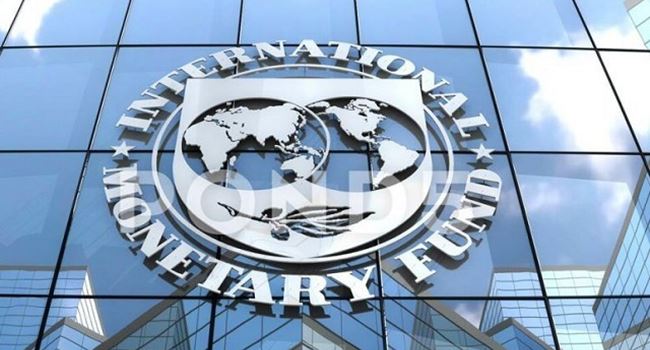Business
IMF reveals problems with CBN’s anchor borrowers’ programme

The International Monetary Fund (IMF) has revealed that the repayment of loans under the Anchor Borrowers’ Programme (ABP) of the Central Bank of Nigeria (CBN) is low.
In a report titled ‘Nigeria: Selected Issues’, obtained by Ripples Nigeria on Tuesday, IMF said farmers have only been able to repay 24 per cent of the loans disbursed under ABP as of January 12, 2023.
This means the central bank is struggling to recover 76 per cent of the loan, which farmers can pay back in kind. Since 2016 when President Muhammadu Buhari set up the programme, over N1 trillion has been disbursed.
“The Anchor Borrowers Program established in 2016 initially set aside 40 billion naira to support farmers by offering single digit interest rate loans. Since then, over 1 trillion naira has been disbursed through mid2022 from this program, with CBN providing a rising share of banking system agricultural financing,” IMF wrote.
The monetary fund said one of the problems with the loan recovery is that the incentive structure for repayment is weak and the disbursed loans don’t target the right recipient.
Read also:IMF queries NBS data on inflation rate, says it’s ‘severely outdated’
IMF stated further, “For the Anchor Borrowing Program, repayment is also low at 24 percent, especially since repayment can be made in kind, thereby limiting the tenor of the loans to one year.
“Part of the problem is that the incentive structure for repayment is weak, the recipient loans are not always well targeted and occasionally the funding is used for other purchases (e.g., new agricultural input trading companies to elicit trading rents).”
IMF also stated that the repayment for loans under Commercial Agricultural Credit (CAC) Scheme is also low despite placing it at 66 per cent.
“Recent data (November 2020) from the central bank indicate that the repayment rate for the Commercial Agricultural Credit (CAC) Scheme is at almost 66 percent but, since the loans started in 2009, this is not a particularly high outcome.”
Join the conversation
Support Ripples Nigeria, hold up solutions journalism
Balanced, fearless journalism driven by data comes at huge financial costs.
As a media platform, we hold leadership accountable and will not trade the right to press freedom and free speech for a piece of cake.
If you like what we do, and are ready to uphold solutions journalism, kindly donate to the Ripples Nigeria cause.
Your support would help to ensure that citizens and institutions continue to have free access to credible and reliable information for societal development.
























